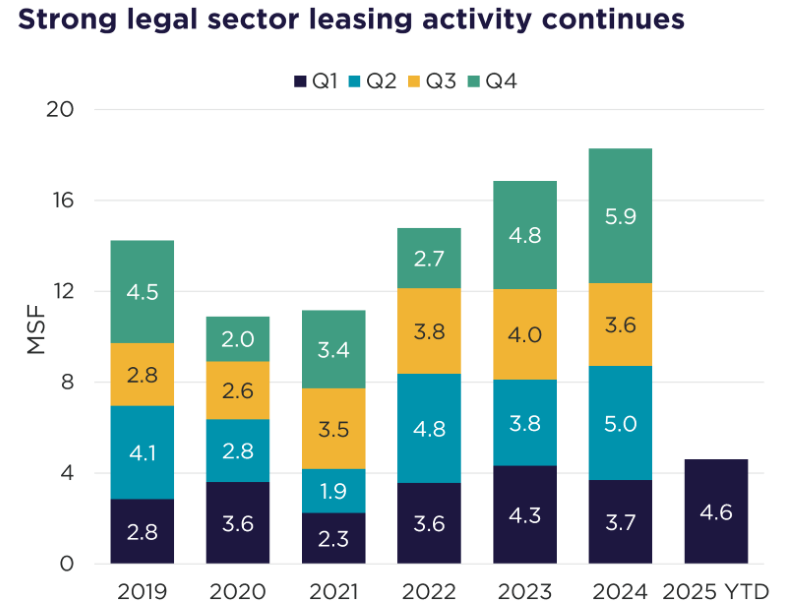Option to Renew Not an Option for All
By Randolph T. Mason, CCIM, SIOR, Partner, Commercial Realty Specialists: When does a landlord not want a tenant to renew?
By Randolph T. Mason, CCIM, SIOR, Partner, Commercial Realty Specialists
In the past, an option to renew for the tenant was basically a no-brainer to obtain from the landlord. What landlord would not want an existing tenant to renew? The simple and straight forward answer would be when that option is hindering the flexibility of the landlord for their real estate.
If a tenant negotiates an option to renew, that basically ties the hands of the landlord should another larger tenant want to expand within the project, and specifically into their space. The renewal clause grants the tenant an option, or several consecutive options, to renew the lease for a set term or several set terms after the expiration of the initial term of the lease.
It is important for a landlord to ensure that the renewal clause is drafted to optimize the rent payable during the renewal term, and to deny a troublesome tenant the ability to exercise the option to renew. Conversely, a tenant wants to ensure that the renewal rent can be fairly negotiated or determined, and that the option to renew cannot be revoked for minor infractions under the lease.
The renewal clause should set a specific time frame for the tenant to give notice that it is exercising an option to renew. A typical time frame is no earlier than 12 months, and no later than six months, prior to the expiration of the initial term. During that period, negotiation of the rent payable, and any other items to be determined, must take place.
The question as to why an “Option to renew may not be an option for all tenants” is illustrated in the below real life negotiation. Commercial Realty Specialists just finalized a renegotiation for a sizeable law firm that was adamant on not providing its company’s financials to the landlord.
Throughout the negotiation, CRS ignored that fact and kept pressing on areas that may have been important to the tenant, such as the option to renew, its security deposit not being increased and not waiving any specific rights. The most important item the tenant wanted was not to provide its company’s financials. Mind you, the firm has been in its suite for more than 10 years and had always paid its rent on time-at this point, it was basically a principle issue for the tenant. In the end, the landlord agreed not to pursue the firm’s financials, however it wanted to strike the option to renew language by giving the landlord ultimate flexibility.
When markets experience a decreasing vacancy rate and landlords gain leverage in the negotiation, landlords prefer to hold back on giving Options to Renew. Times, they-are-a-change ‘in.







You must be logged in to post a comment.